What about the Census in 1790?
- Noemi Aguilar
- Jul 19, 2018
- 2 min read
Ever wondered how it was like in the years 1790-1799? What about the Census? What happen between those years? What are the highlights? Well wonder no further, we started this new series where we will talk and share about the years when America was becoming what we know today.
So Here We Go.....
Here are some highlights of the year 1790 -1799
· President George Washington delivers the first "State of the Union Address" on
January 8, 1790.
· Rhode Island ratifies the Constitution and becomes 13th state in 1790.
· Benjamin Franklin dies on April 17, 1790 in Philadelphia, PA.
· First Bank of the United States chartered, on February 25, 1791.
· Washington, DC, is established as the capital of the United States, in 1791.
· Vermont, formerly the independent Vermont Republic, becomes the 14th state in 1791.
· The U.S. Post Office Department is established on February 20, 1792.
· Kentucky, formerly Kentucky County, Virginia, becomes the 15th state in 1792.
· U.S. presidential election, 1792: George Washington reelected president, John Adams reelected vice president.
· Eli Whitney invents cotton gin in 1793.
· President Washington and Vice President Adams begin second terms in 1793.
· Yellow fever outbreak in Philadelphia in 1793.
· Fugitive Slave Act passed in 1793.
· Chisholm v. Georgia (2 US 419 1793) paves way for passage of 11th Amendment.
· In October 1794, federal troops put an end to the "Whiskey Rebellion," after distillers in the Appalachian region of the United States resisted paying a tax on distilled spirits.
· Battle of Fallen Timbers in 1794
· Eli Whitney is granted a patent for the cotton gin, which cleans seed from cotton, on March 14, 1794.
· Treaty of Greenville happen in 1795.
· Jay's Treaty happened in 1795.
· 11th Amendment ratified in 1795.
· Tennessee, formerly part of North Carolina, becomes the 16th state in 1796.
· Pinckney's Treaty in 1796.
· Treaty of Tripoli in 1796.
· U.S. presidential election, 1796: John Adams is elected president, Thomas Jefferson vice president.
· The USS Constitution ("Old Ironsides") launches as part of the U.S. Navy in 1797 and sails to the Mediterranean Sea to protect American merchant vessels from Barbary pirates.
· John Adams becomes the second President; in Philadelphia; Thomas Jefferson becomes Vice President in 1797.
· XYZ Affair in 1797.
· Construction begins on Fort McHenry in 1798. Sixteen years later, Francis Scott Key pens "The Star-Spangled Banner" during its bombardment by British forces.
· Alien and Sedition Acts in 1798.
· Kentucky and Virginia Resolutions in 1798.
· Charles Brockden Brown's novel Wieland published 1798.
· Charles Brockden Brown's novel Edgar Huntly published in 1799.
· Fries's Rebellion in 1799.
· Logan Act in 1799.
· George Washington, first President of the United States, dies at Mount Vernon, VA, on December 14, 1799.

So, I thought this would be a fun thing to learn about, please let me know what you think of this article.
accredit sources:
library of congress, The national archives,Wikipedia


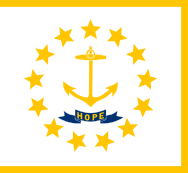



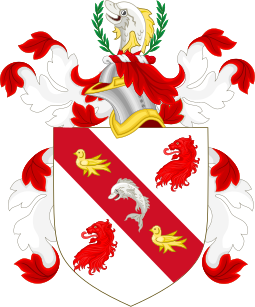




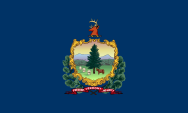















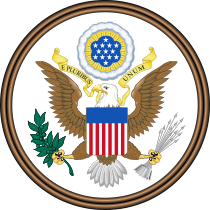

















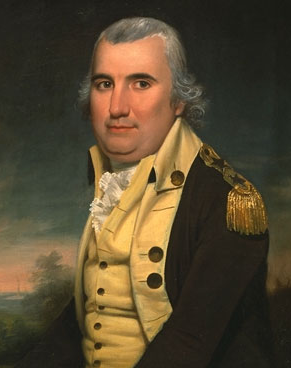

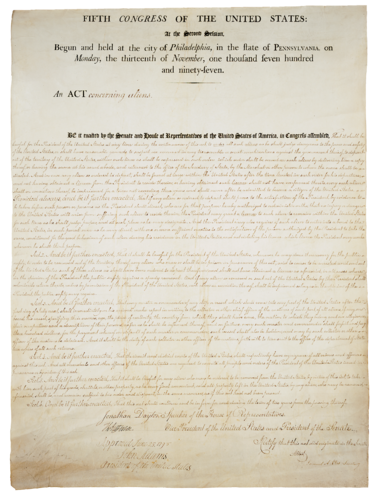







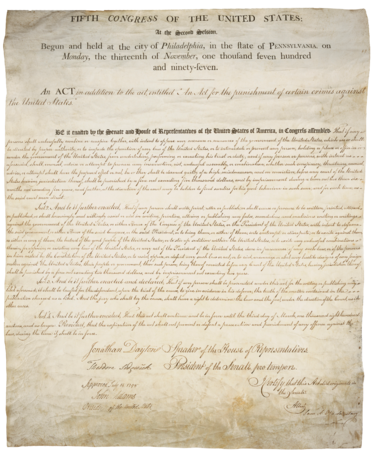











Comments